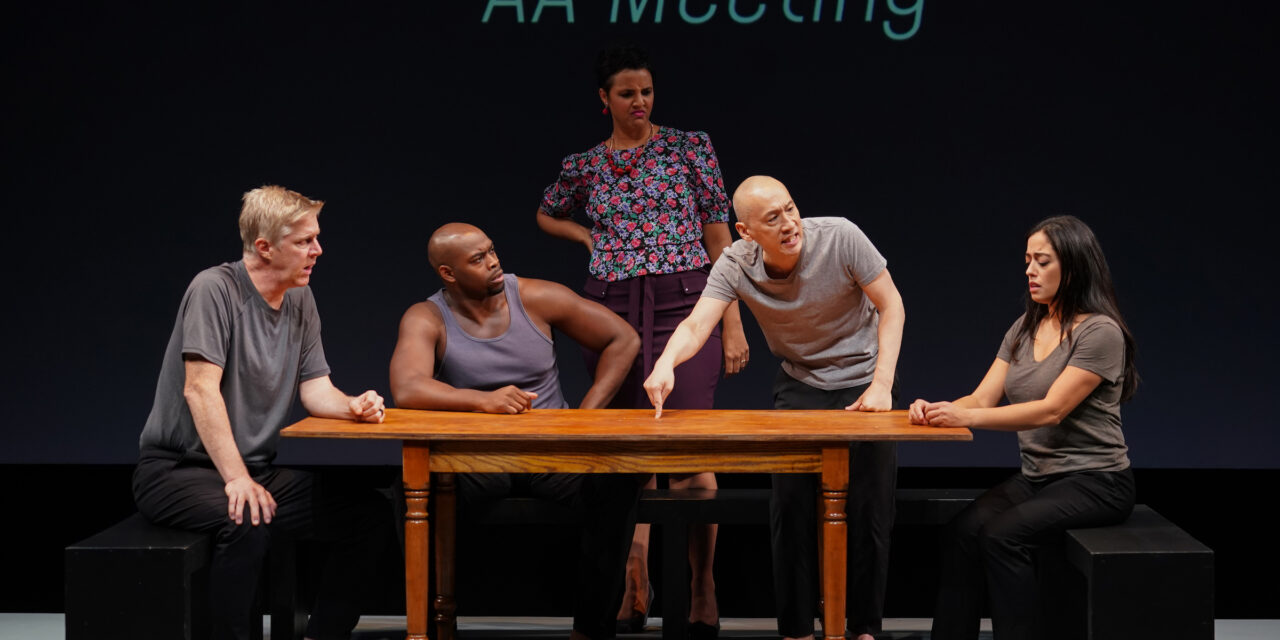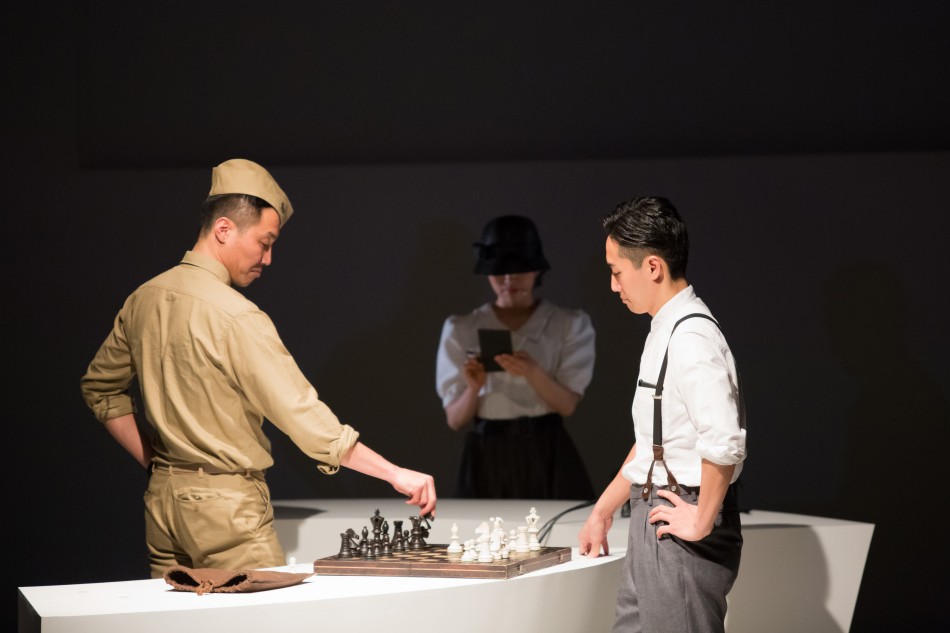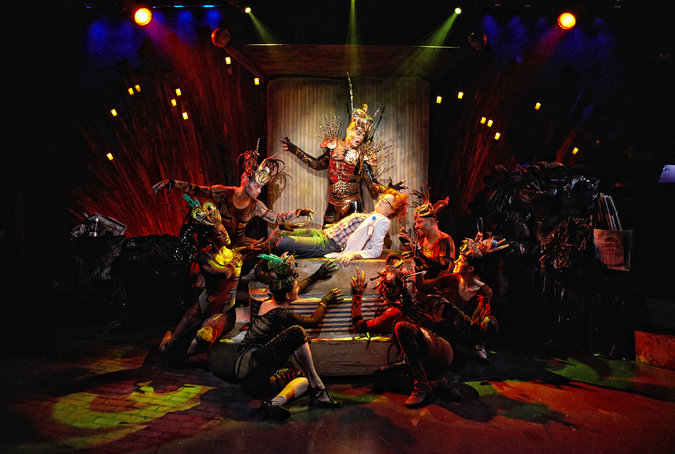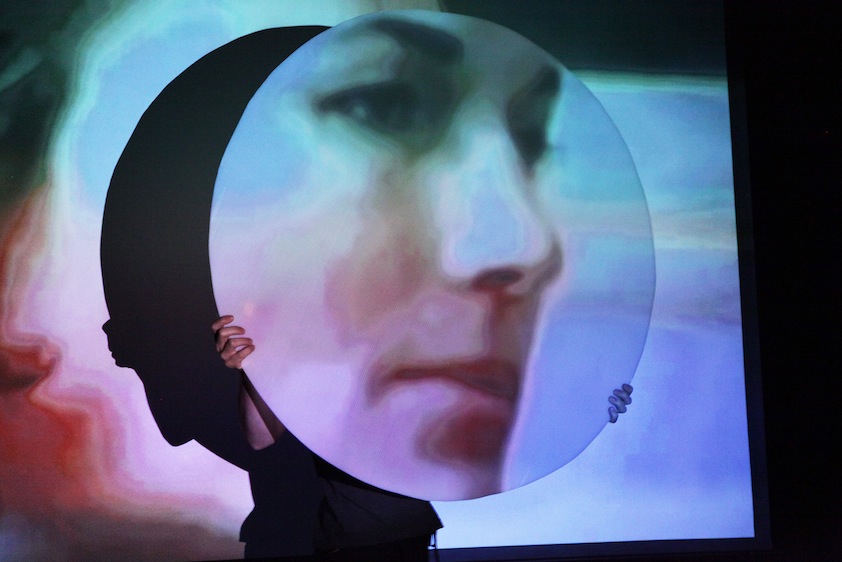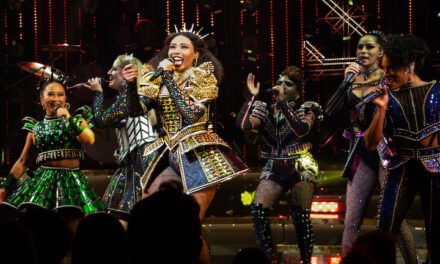By Brian Scott Lipton . . .
For better and worse, Anna Deavere Smith’s plays can feel like over-researched term papers, where you learn more about the subject at hand than you could have ever imagined – or possibly even needed to know. That’s particularly true of Twilight: Los Angeles, 1992, now being given an innovative and effective revival at Signature Theatre, where the subject at hand is racism in America: perhaps the timeliest of topics. (Intriguingly, though, the piece was scheduled to premiere at Signature in March 2019.)
While George Floyd’s brutal murder in 2020 is on our minds throughout these densely packed two-and-half hours – even before being explicitly mentioned towards the show’s end — the work’s focus is the deadly riots in Los Angeles nearly 30 years earlier: a rampage of terror and destruction that was sparked by the acquittal of four white police officers who beat up an African-American driver named Rodney King and whose actions were caught on a videotape by a bystander. (As is so often true in America, only seeing leads to believing!)
Culled from Smith’s interviews with 320 people, the play painfully pulls back the curtain on the many divides — between and among races, ethnicities and financial classes — that were exposed during those fateful days. Most notable is the just-buried-below-the surface hatred between members of the Los Angeles Korean community and local blacks, who actually burned down large parts of their own South Central neighborhood because that’s where the Korean businesses were located.
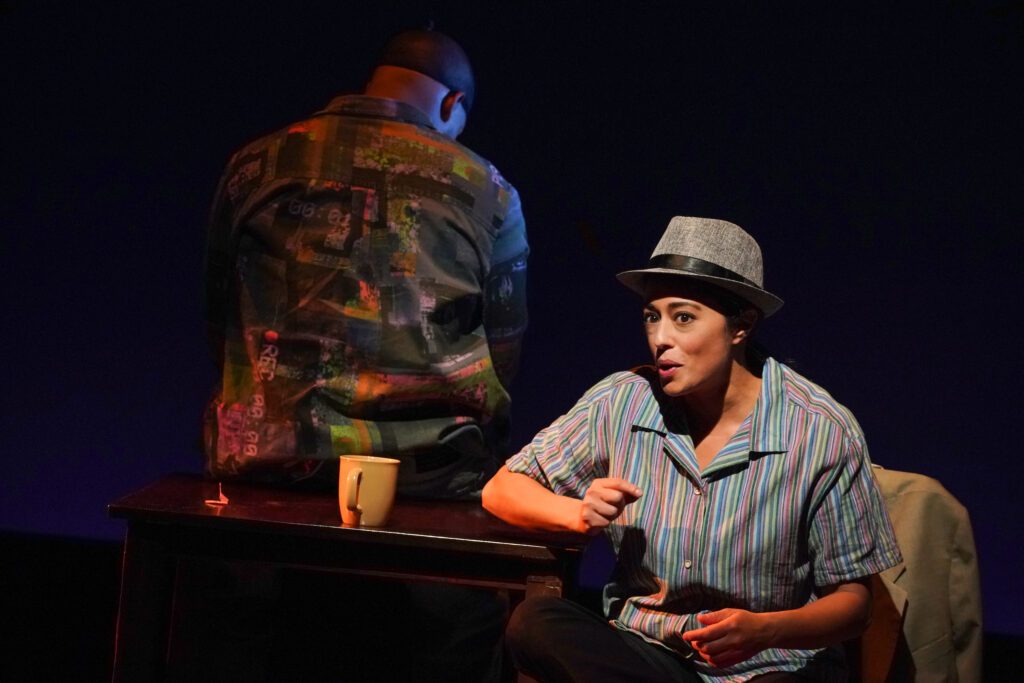
Still, there are too many voices clamoring for our attention, especially such boldfaced names such as Maxine Waters, Daryl Gates and even Reginald Denny. Indeed, a second-act section entitled “A Dinner Party That Never Happened,” in which opinions and stories are shared by such people as famed chef Alice Waters and former basketball great and U.S. Senator Bill Bradley badly interrupts the flow of the show –and simply doesn’t score enough points to warrant its inclusion.
In fact, the most poignant and vivid passages here belong to ordinary people: local Korean shopkeepers and their families who describe how the riots destroyed their illusion of attaining the so-called American dream; a juror in the Federal trial against two of the police officers who relates in often hilarious detail the infighting that happened during deliberations; or a Latina woman who was shot by accident endangering her yet-to-be-born baby.
While the text is almost identical to the show’s original 1993 production, what is unusual about Tabi Magar’s relatively simple production (aided immeasurably by David Bengali’s projections) is that five actors more-than-ably stand in for the chameleonic Smith, who has traditionally played the dozens of roles herself.
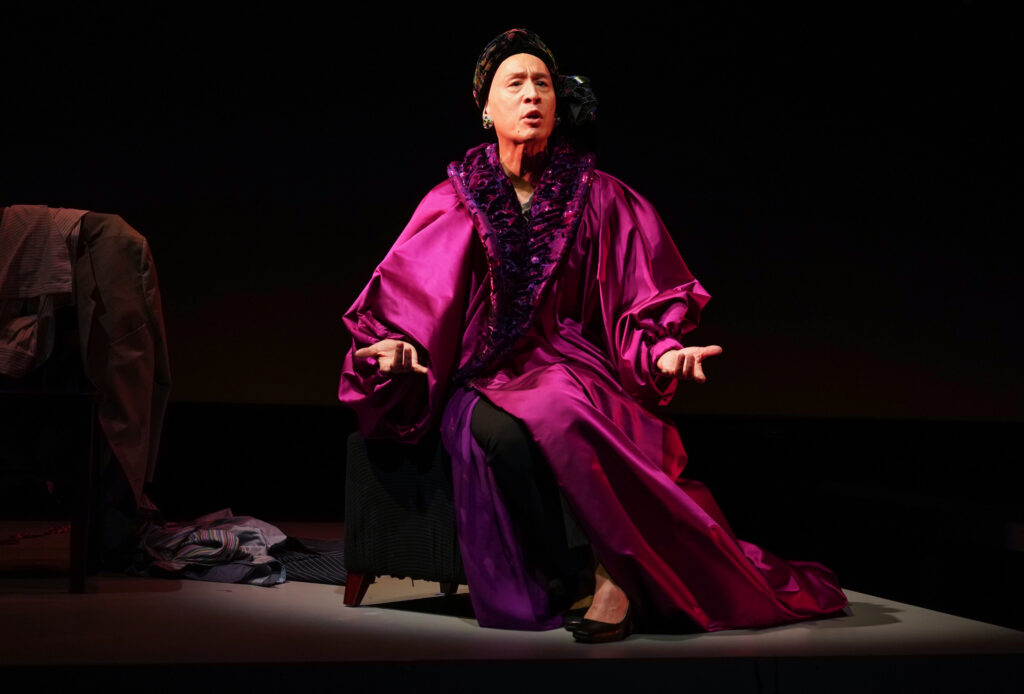
As might be expected, Francis Jue is the cast’s true standout, seamlessly morphing from opera great Jessye Norman to liquor store owner Jay Woong Jang and never failing to move us, speech after speech. But each of these tireless actors – Tiffany Rachelle Stewart, Karl Kenzler, Wesley T. Jones and Elena Hurst – contributes many memorable moments and spot-on characterizations.
As Smith writes in a program note: “Much has happened in America since 1992. And much has not.” Twilight: Los Angeles, 1992 makes her point clearly, if not succinctly.
Signature Theatre, West 42nd Street, NYC thru November 14.
Photos: Joan Marcus


